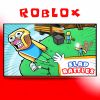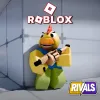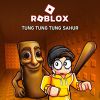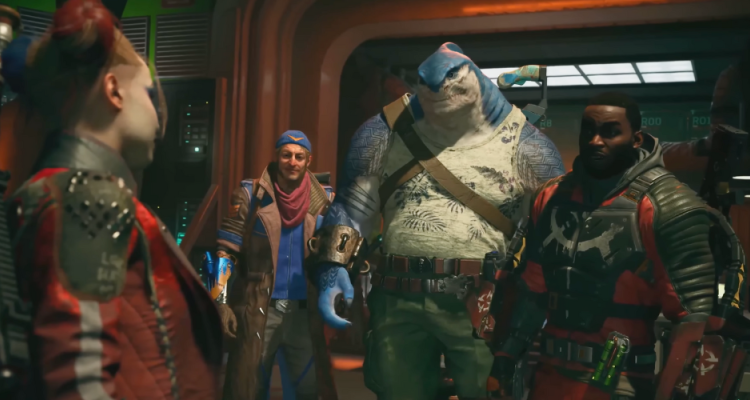
Best For You
The Shadows of Ambition: A Reflection on Suicide Squad's Missed Potential
In an era where superhero narratives often tread a fine line between dark themes and the inevitable victory of good over evil, Rocksteady Studios chooses to blaze a daring path with their latest endeavor. This journey, however, while vast in its ambition, falters in execution, revealing a creation that tantalizes with potential yet disappoints in its realization. The stage is set in a universe meticulously crafted over a decade, now witness to its greatest heroes' downfall, entrusting its notorious villains with an unprecedented mission. Yet, for all its grandiose setup and the thrill of the impossible, the game struggles under the weight of its own aspirations.
In Brightest Day, In Blackest Night
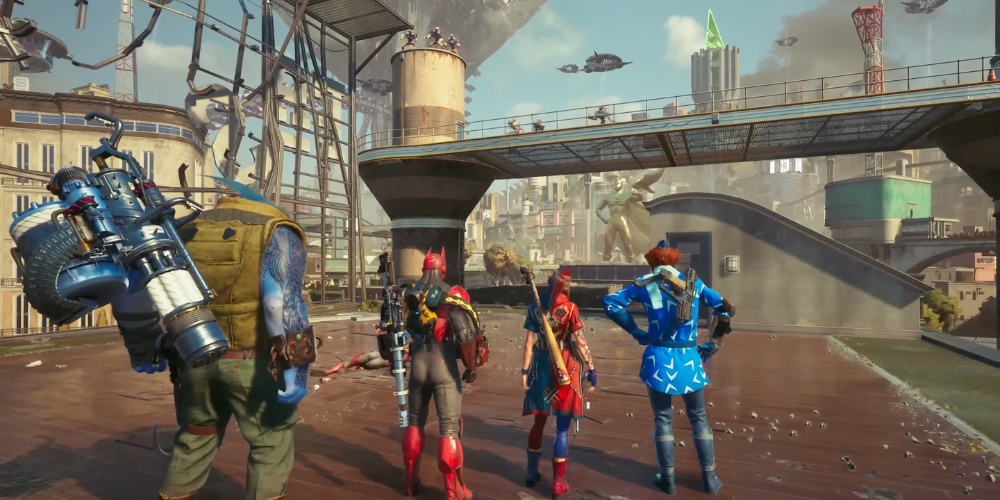
The gameplay intricacies of Suicide Squad: Kill the Justice League find themselves overshadowed by the sheer breadth of its design. There's an undeniable sense of ambition here, aiming to merge expansive world-building with cooperative play, yet the result is a formless ensemble, lacking in the sharp definition that could have honed its impact. The open-world Metropolis, meant to serve as a vibrant battlefield, instead comes across as a monotonous sprawl, punctuated by repetitive encounters and underutilized potential. A once-promising vision is thus diminished, failing to captivate or maintain engagement across its vast, empty spaces.
Heroes Fallen from Grace
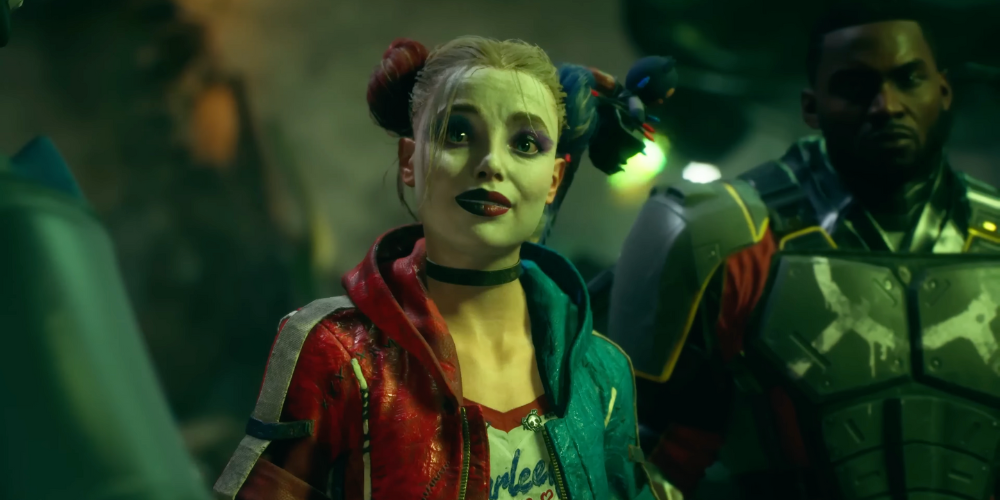
Rocksteady Studios, known for their meticulous craftsmanship in the Batman: Arkham series, have here missed the mark on translating that same level of ingenuity and depth to a team of anti-heroes. The individualistic flare of Captain Boomerang, Deadshot, King Shark, and Harley Quinn is dampened, their unique attributes blurred within a gameplay framework that demands conformity over creativity. The homogenization of these vibrant characters into mere cogs within a squad machine is a disservice, stripping away the very essence that could have made each stand apart in a richly diverse gameplay experience.
No Evil Shall Escape My Sight
The promise of intense, dynamic combat is marred by cumbersome mechanics and a lack of finesse in its execution. While each character brings a hint of individuality through unique traversal and melee attacks, the core experience remains uniformly stagnant, hindered by a clunky reloading system and a combat rhythm that fails to evolve. Despite an array of weapons at disposal, the engagements feel tepid, a far cry from the exhilarating encounters one might have anticipated in a universe teeming with superheroes and supervillains alike.
Problems Surmount in the Quiet Moments
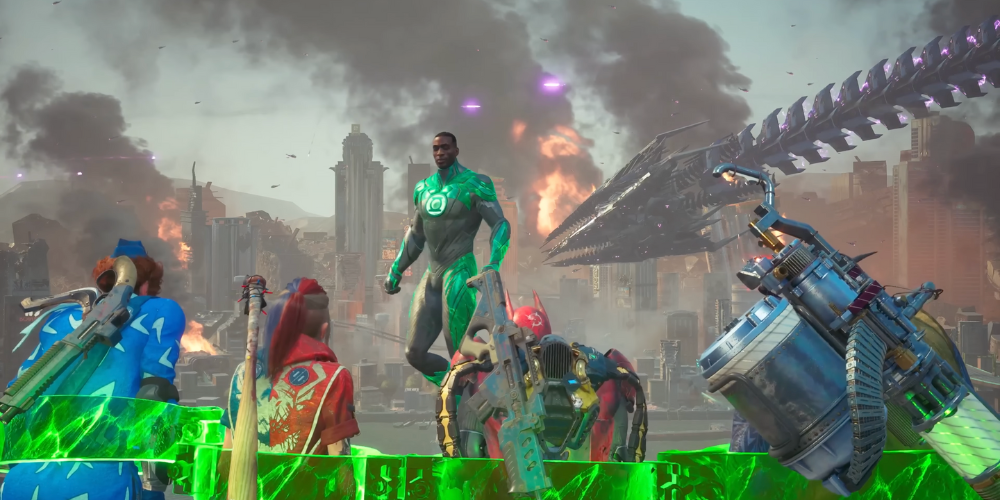
The dynamic shifts jarringly as the spectacle of cinematics gives way to gameplay, with the interactive elements of Suicide Squad: Kill the Justice League falling noticeably short of its narrative ambition. The city, once alive in the well-choreographed chaos of cutscenes, becomes a silent witness to the game's struggle to convey its narrative through the mechanics of play. The immersion is frequently broken by an overladen user interface and a lack of coherent quest design, leaving players to navigate a labyrinth of tedious objectives and unremarkable confrontations. In conclusion, Suicide Squad: Kill the Justice League embarks on a journey with monumental intentions, aiming to invert the superhero narrative through the lens of its most infamous villains. Yet, in striving to cover uncharted territories, the game loses sight of the focus and refinement necessary to navigate its ambitious course. The essence of what could have been a groundbreaking exploration of morality and heroism in a universe fraught with shades of grey, ultimately succumbs to a lack of direction, both in gameplay and narrative execution. As the dust settles over this vast, untamed landscape of potential, one can't help but mourn the greatness that could have been, remains elusive, hidden within the shadows of what is.

